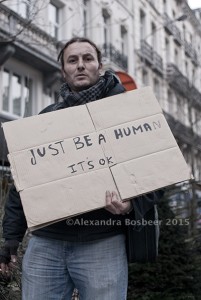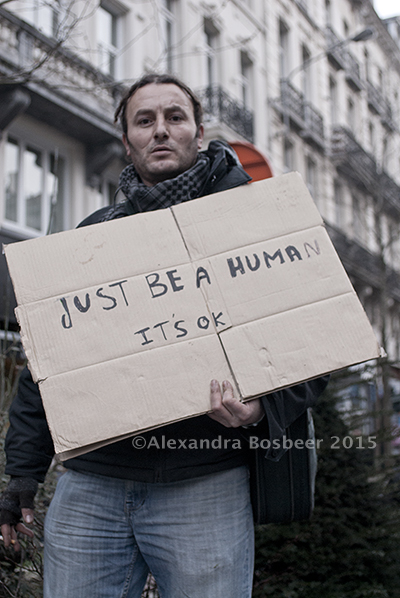What is the Alternative?
by Alexandra Bosbeer
Yesterday, there were elections in Germany. These were elections within three states of the sixteen making up the federal nation of Germany. Comment today reflects fears that the advance of ‘Alternative for Germany’ (AfD), a party which is becoming known for an anti-immigrant stance.
 So, for many commentators, the state elections are being viewed through the lens of desire for evaluation of Merkel’s policy of accepting refugees.
So, for many commentators, the state elections are being viewed through the lens of desire for evaluation of Merkel’s policy of accepting refugees.
There are a number of issues with this.
- First of all, the ‘sample’ could be said to be problematic. The three states which had elections comprise about 16 million inhabitants, out of the 80 million people living in Germany today – so at best 20% of the German population. And not everyone votes, of course: about 2/3 of registered voters apparently went to the polls on Sunday.In two of the states, about 10% of the voters chose AfD – meaning that 90% of voters didn’t. In the small former East German state of Saxony-Anhalt, 24% of 2/3 of the eligible voters among 2.2 million people voted for AfD – so, perhaps something like 250,000 people. Let’s not overreact to a relatively small group of people.
- Merkel’s party didn’t lose its position as main party. The single largest proportion of AfD voters were people who didn’t vote in the most recent federal elections – thus, the support for AfD is in part not people who stopped supporting Merkel’s policy. And some prominent Merkel supporters held on to their seats.
- The programme of AfD is generally Eurosceptic – for example, the first topic mentioned in their programme is that Germany doesn’t need the Euro. Return of legal competence to national parliaments, and rejection of a policy of supporting development of renewable energy from non-renewable sources. And even the programme on immigration – at first glance – doesn’t look so merciless. It includes a mention that ‘seriously threatened’ people must be able to find asylum here, and welcomes ‘qualified migrants willing to be integrated’. Voters could easily feel that they are supporting rationalisation, rather than rejection of, the current policy of providing refuge to those who have fled elsewhere, without qualification as to education. So, voters could be responding to feelings about the EU’s chaos and lack of acceptance of shared responsibility for refugees, rather than about the policies of Merkel’s governing coalition. Voters could have heard about the unrest in Britain about EU membership, and feel Germany is supporting a ship that will sink anyway.
Of course there are problems with the AfD programme. Even on a practical level, testing the willingness of migrants to be integrated is quite an interesting challenge. My practical mind asks, how would one test that – and when? When people are in camps, when they have arrived in Germany, after a year or two of culture shock and language struggles? As someone who has often lived in countries which are different – but not so very different – from the culture of my parents, I can say that the psychological process of adapting to a new country, and the individuality of ability with languages, would make an objective and comparative assessment impossible.
There are undeniable problems with the EU’s handling of the issues facing Europe today. First among this is the dearth of compassion with regard to refugees. Other EU Member States are blaming Germany – and media commentators are supporting that trend – blaming Merkel for her policy of welcoming. To my mind, this ignores the seriousness of the situation that people are fleeing. It seems some politicians believe that people are simply seeking better economic prospects, not fleeing chaos, war, and human rights violations. This is where the compassionate eye is needed. And one must ask, what is the alternative? Building walls has created pools of desperate people, between a war at home and a safe haven that is denied. Building walls may keep the immediate visual evidence of the problem away from our homes, but it neither helps to solve them nor to alleviate the pressure. Merkel -and most Germans – continue to be brave enough to know the world is not ‘zero-sum’ – that it is a myth than we can only have enough if others are denied enough. Welcoming people is a policy supported by Germans – and, one hopes, by humans everywhere.
